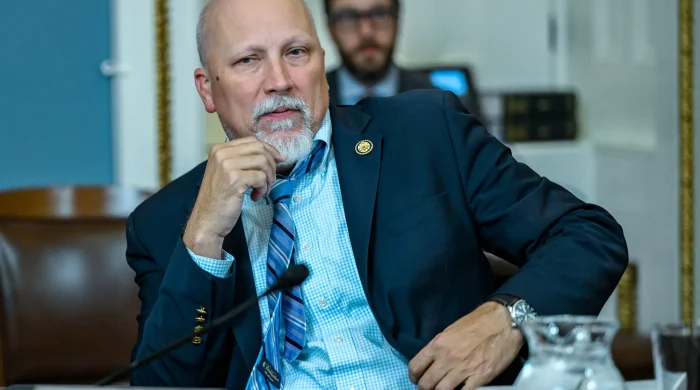
President Trump on Tuesday urged congressional Republicans not to leave Washington at the end of the week for a scheduled recess until they pass a sprawling bill to enact his domestic agenda, ratcheting up pressure on hard-liners in the House to swallow their objections and adopt the legislation the Senate is crafting.
Congressional Republicans are racing to meet a self-imposed deadline of July 4 to pass the measure, which would extend the 2017 tax cuts, create new tax breaks and slash some programs, including Medicaid and nutrition assistance, to help offset the cost. The Senate is toiling to complete its own version of the legislation the House passed last month.
“To my friends in the Senate, lock yourself in a room if you must, don’t go home, and GET THE DEAL DONE,” Mr. Trump wrote on social media. “Work with the House so they can pick it up, and pass it, IMMEDIATELY.”
Mr. Trump’s demand reflected a strategy emerging among Senate Republicans to ignore the substantial concerns of their House colleagues about key pieces of the bill and plow ahead with it anyway, effectively forcing Republicans in that chamber to support it or risk angering Mr. Trump and derailing his bill.
While the House has already approved the legislation, any changes made by the Senate will send it back to the House, where it must win final passage to clear Congress and go to the White House for Mr. Trump’s signature.
Some conservatives in the House only grudgingly voted for the legislation the first time, arguing that it did not go far enough in cutting spending, including on Medicaid. They agreed to support the package only after securing what they characterized as commitments from their Senate colleagues to enact deeper cuts and fix the measure.
Now, those House Republicans regard the bill taking shape in the Senate, which party leaders hope to push through within days, as even worse.
The Senate measure would cut more deeply into Medicaid and crack down harder than the House bill on strategies that many states have developed to tax medical providers and pay them higher prices for Medicaid services.
But it also would slow the House’s timetable for phasing out federal tax credits for clean energy projects, preserving breaks for companies that build nuclear reactors, geothermal plants, hydropower dams or battery storage through 2033. And it would take longer to phase out a lucrative tax credit for businesses that build wind and solar farms.